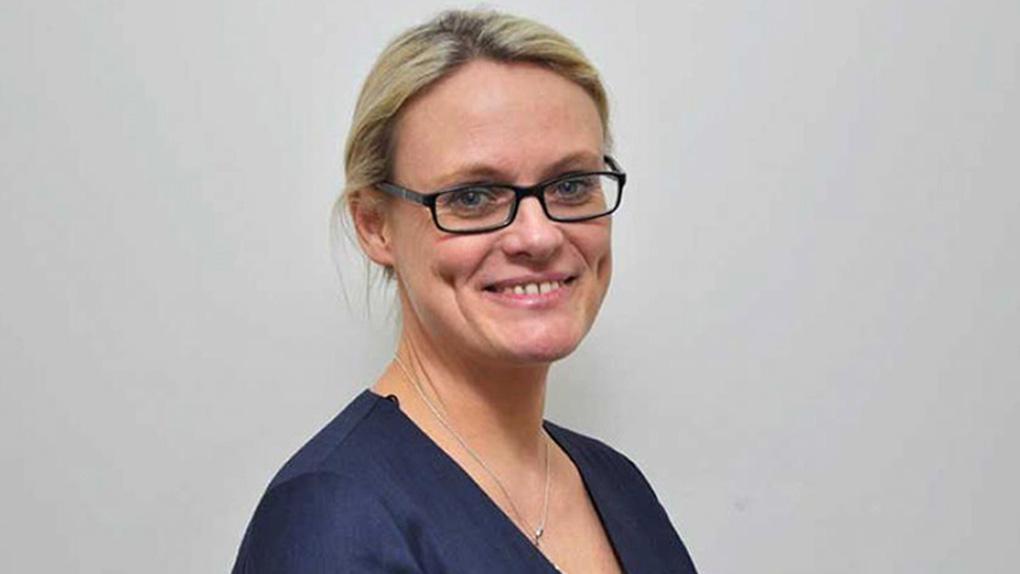
The Casey Review of social integration
The huge role that FE Colleges can and do play in social integration
by Lisa O’Loughlin, Principal, The Manchester College
I read Dame Louise Casey’s report into social integration with great interest (published on 5th December – commissioned by the Department for Communities and Local Government).
Her review finds that, with the country experiencing rapid population change, there are still large social and economic gaps between ethnic groups; that ethnic segregation is increasing in some areas; that women in some communities are suffering from huge inequalities; and that divisions between communities are leading to poorer social and economic opportunities for many groups - those divisions are therefore bad for individuals, for communities and for Britain as a whole.
Her call for more to be done to bridge these divides between people and to bind communities together is one that I believe highlights the key – and wide ranging – role that Colleges such as ours can and do play.
I stress ‘wide-ranging’ for a very important reason.
Much of the report, quite rightly, focuses on divides caused by deprivation and exclusion from jobs and opportunities. I believe that it is a ‘given’ that there can be no sustainable solutions to these issues without addressing those economic barriers, and The Manchester College has this task at the heart of its mission.
But I would like to broaden the debate to cover the whole of Dame Louise’s report, which is many-faceted. A society with more equal access to jobs and prosperity is necessary for social cohesion, but it is not itself sufficient. The Manchester Colleges can and does play a key role in the ‘softer’, less tangible, but equally important issues that enable and encourage harmony and integration between sections of society.
- Dame Louise calls for action on, for exampleempowering all communities to take advantage of modern Britain’s economic opportunities
- providing more English language classes for isolated groups
- encouraging young people to mix in education establishments and across communities
- securing women’s emancipation in communities where they are being held back
- better safeguarding arrangements for all children who are not in mainstream education;
But in addition, she calls for a “spirit of unity, compassion and kindness” in the face of escalating division and tensions in society.
She has my, and the Colleges’, full support in all of these.
When any learner joins The Manchester College, development of their skills and employability are at the forefront of our attention, but not to the exclusion of all the other aspects of our mission that promote social integration. The key end result of a learner’s time with us is a set of higher skills and better employability. But, for us and for the learner, the journey is as important as the destination: while a learner is with us we deploy a huge range of actions to promote social engagements, integration and harmony.
Just a few examples of the key role we can and must continue to play, linked to key recommendations in the Casey Report
Promoting English
- we work with MAES, Housing Associations, primary schools and other voluntary organisation to provide language improvement courses to those who may find it difficult to attend College
- we support Manchester residents to improve their literacy skills, offering classes from Entry 1 to GCSE
- we’ve worked in partnership with MAES on the ‘Talk English’ project for learners who are not eligible for mainstream funding and are not at a stage to achieve any qualifications
- all of our ESOL programmes tackle issues relating to integration and community cohesion: for example ESOL learners visited Boat Lane Residential Home to help widen minds and attitudes towards immigration and how older people are perceived. Both groups found the experience enjoyable, valuable and informative.
Emancipating marginalised groups of women
- our tutors tackle difficult issues such as FGM, human trafficking and forced marriages in mixed classes, and signpost support where appropriate
- we work in primary schools with parents who may not be able to access mainstream provision
Raising employment outcomes among the most marginalised groups
- My Future is a supported work placement programme in partnership with the City Council for 16-24 year olds who are furthest from the labour market
- we work with Job Centre Plus and the Central Manchester Hospital Trust Fund to target recruitment into a programme for Nursing Assistants and non-clinical administration posts
- Talent Match supports our work with 16-24 young people who have multiple barriers (from mental health matters to negative education history)
Increasing participation of women in the labour market
- 90% of our students progress into work or further study and many of those go on to set up their own business or work as freelances, including 80% of our female learners from Media Make up and Nail Tech programmes
- we run programmes such as Setting up your own business alongside main programmes, recognising that this is one effective way of getting more women into sustainable work
Improving IT literacy among parents in segregated areas
- we support learners across Manchester who are aged 50 and above to gain IT skills through job clubs at the Manchester Central Library
Boosting out-of-school mixing between young people
- our enrichment activities have a particular focus on 16-19 learners, female, BME and socially disengaged students
- the physical activities that we offer bring together people of all backgrounds, and help to build friendships as well as improve fitness and well-being: for example, an informal seven-a-side football league will start in January, open to all students and run across sites
In recent years the key feature of the discourse around colleges and their role has been economic impact. I believe it's the responsibility of Principals to broaden the debate and ensure that everyone understands both the economic and the social impact of colleges, and is clear about the value of both.
